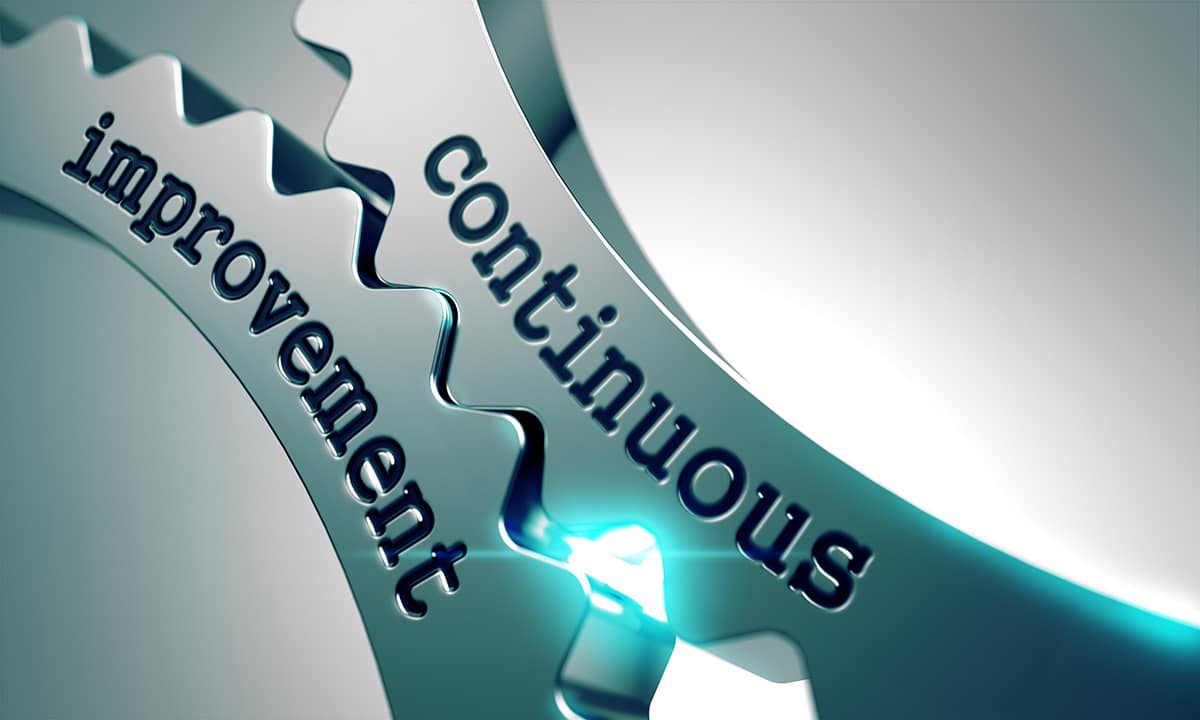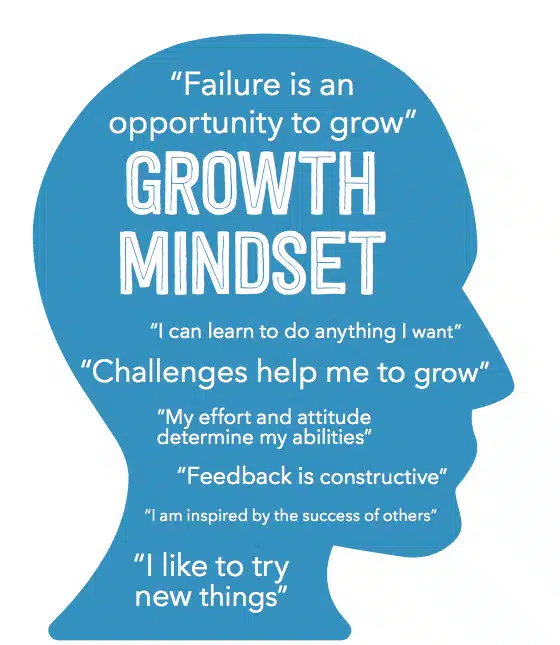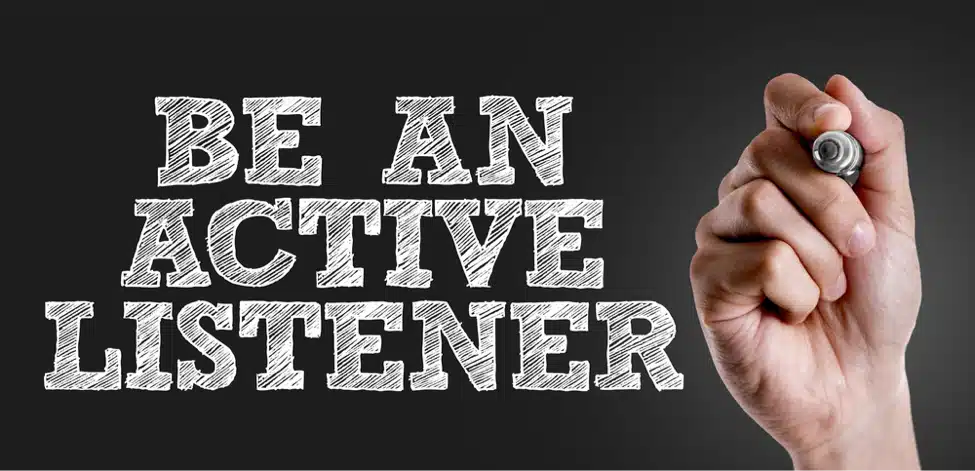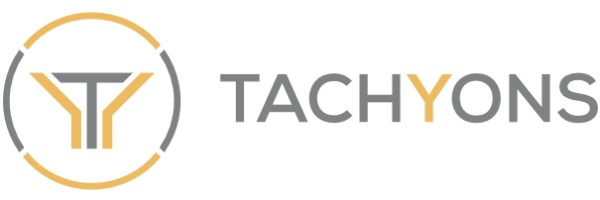From Feedback to : How ‘Points of Improvement’ Can Supercharge Your Teamwork
We’ve all been there. You’ve poured your heart and soul into a document or presentation and it’s time to collect feedback from colleagues.
But how you frame that request can dramatically impact the outcome. Is it simply ‘feedback’ or is it an opportunity to identify ‘points of improvement’? Here’s why the latter approach can make a huge difference in your teamwork and in the final product.

Shifting the Focus: From Critique to Collaboration
The word ‘feedback’ always has a negative aura around it. One often pictures red marks and a wad of criticism. While constructive criticism does deserve its place, the focus on feedback alone can be somewhat demotivating for first drafts.
Asking for ‘points of improvement‘ would then frame the request so that your colleagues would be viewed as collaborating partners rather than critics. This would engender a spirit of collective ownership and proactive problem-solving.
Empowering to Both Sides
When you ask for points of improvement, you’re sending a clear message: you’re open to learning and refining your work. Such a willingness to learn shows initiative—a desire for excellence. But it also empowers your colleagues.
This makes them stakeholders in the process, hence taking part in making the project a success. This puts them on an edge of responsibility and commitment, thus resulting in more thoughtful and insightful input.
Specificity Breeds Clarity
‘Feedback’ is a very general term, and your colleagues will be left without a specific purpose. By asking for ‘points of improvement,’ you will likely get some helpful and concrete suggestions.
It encourages them to pinpoint precisely where the explanations are lacking, if there is not enough data available, or if a different approach is more suitable. This level of detail results in specific and more valuable suggestions that substantially refine the end output.


Instilling a Growth Mindset
The ‘points of improvement’ method encourages the growth mindset among the members because it focuses on the continual development of the project, rather than the problems with the first drafts.
This growth mindset encourages everyone to see challenges as opportunities for learning and development. It teaches a culture of striving for constant improvements; everybody desires to push beyond the frontiers and achieve outstandingly.
Using the Power of ‘Yet’
Here is a powerful technique for combining the ‘points of improvement’ approach with a growth mindset: Encourage colleagues to frame their suggestions with the word ‘yet.’
For example, instead of saying, ‘The data seems weak,’ suggest that ‘The data hasn’t reached its full potential yet.’ The meaning subtly shifts to growth while reinforcing the notion that everyone is working toward something.
Putting it into Practice: Tips for Effective Collaboration
Now let’s look at how to put this mindset into action, as you go about your everyday work:
- Communicate Your Goals: When you share ‘points of improvement,’ briefly describe the goals of your project and outline the intended target audience. This context will assist your co-workers in relating their feedback to you most appropriately.
- Set the Stage for Collaboration: Establish a welcoming environment where dialogues can be held without any fear. Motivate the team to ask questions and stay open while entertaining new ideas.
- Listen actively and Respond: When your colleagues recommend something, listen and be thankful for the feedback. Ask them questions if you are unsure what to do with their suggestions.
- Express Gratitude: Thank them for their time and insights. They have put in an effort which is worth appreciation.
- Follow Through: Show that you care by acting on their feedback. If there are points you can’t address, explain your reasoning respectfully.


Beyond Documents and Presentations
There’s no reason to confine the ‘points of improvement’ approach to anything in written format. It can be applied in brainstorm meetings, team discussions, or when providing feedback during performance reviews. Shifting the focus from criticism to teamwork will make your collaboration infinitely more effective.
The Power of ‘And’
A big discovery is that the words ‘feedback’ and ‘points of improvement’ do not need to be either/or. You can have both! Think of it as ‘feedback and points of improvement.’ Thereby, you can take things positively in general but have some specifics for working on.
The Takeaway: A Better Tomorrow for Teamwork
In this manner, the team will level up in collaboration and improve in better deliverables. This way, learning and development are owned by many.
The result? Stronger teams, better results, and a brighter future for your collaborative endeavors. So the next time you seek input from a colleague, remember the power of the ‘points of improvement’ approach. It’s more than semantics—a mindset shift that can turbocharge your team and push you towards success.

